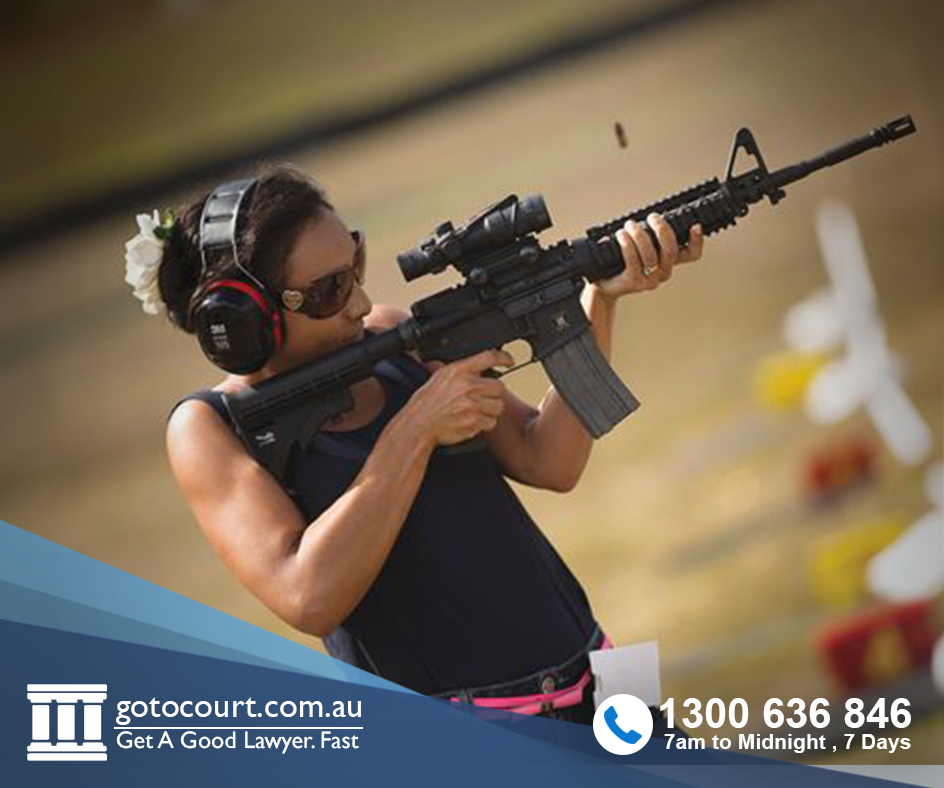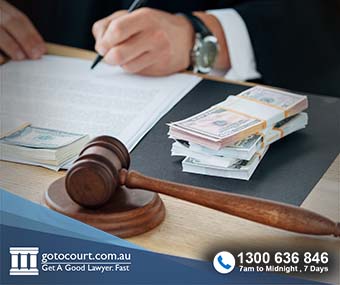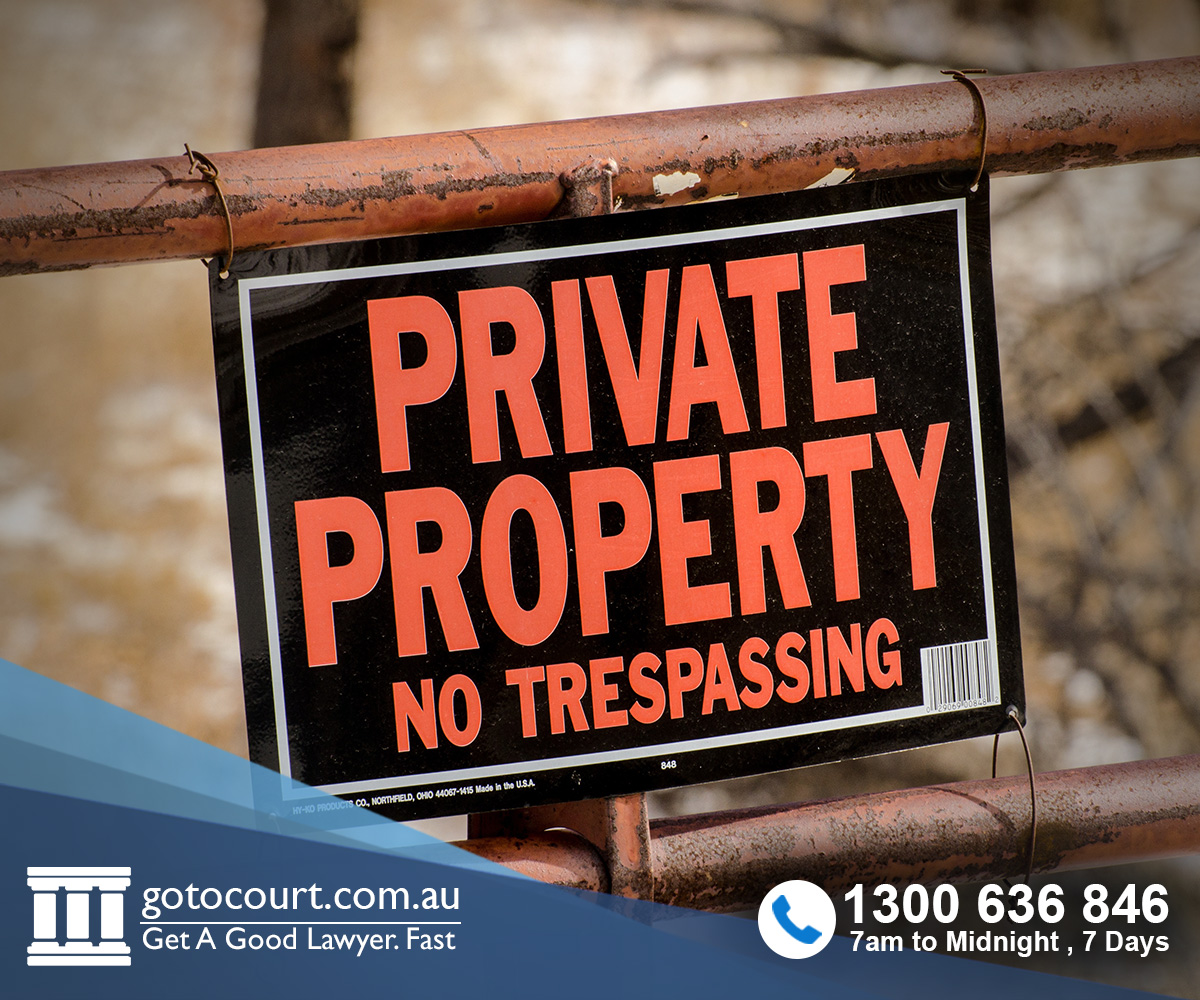What Are My Rights When Approached by Police? (Vic)
Being approached by police can be an unnerving experience. Being asked your details, questioned in relation to an offence or asked to attend a police station for a recorded interview can all be very daunting. What the police can ask you, whether they can arrest you, what rights you have and the process that will be followed all depend on the situation and what offences the police suspect you have committed.
When can police take your details?
Police cannot take your name or address without a reason. Police will generally only request that you provide them with your name or address if they believe you have committed an offence or are about to commit an offence. If you are approached by police and they do not provide you with the reason why they need your name or address, then you should ask that they provide this reason to you.
If you refuse or fail to comply with a lawful request made by police or a Protected Services Officer to provide them with your name and address, then you may be found guilty of a summary offence that is punishable by a fine.
When can police take you back to the station?
You cannot be arrested for questioning. The police cannot require you to go with them to a police station for questioning unless they have lawfully arrested you in relation to an offence.
If you are approached by police and questioned in relation to an indictable offence, you must be cautioned and told your rights.
This means that police must convey to you that:
- You do not have to say anything (right to silence);
- If you do say something, it may be used in evidence against you;
- You may contact a friend or a family member to tell them your whereabouts; and
- You may contact a lawyer for advice before the interview takes place.
Failure to comply with these requirements could result in police not being able to use your interview as evidence in court. However, failure to comply with these requirements does not always mean that your interview will not be allowed into evidence.
Summary vs indictable offences
You will only be asked to participate in a recorded interview if you are suspected of committing an indictable offence. An indictable offence is an offence with a maximum penalty of more than two years imprisonment or a 240 penalty unit or an offence prescribed to be an indictable offence by relevant legislation.
If you are suspected of a summary offence, you will generally be approached by police and questioned informally in relation to the offence, so that police can consider whether they should issue you with a warning, an infringement notice or a summons to attend court. A summary offence is a less serious offence, generally with a maximum penalty of less than two years imprisonment.
Summary offences differ from indictable offences, particularly in relation to admissions made by you and the police powers to arrest you.
Participating in a recorded interview
Before participating in a recorded interview, you should first seek legal advice to determine whether you should make a comment or give a ‘no comment’ interview, as this decision can have a significant impact on the progression of your matter and the case being made against you. There can be serious ramifications for making the wrong decision, and it is one that should only be made after obtaining legal advice.
Should you decide to participate in an interview, you should answer all of the police’s questions. Do not answer some of the questions and say ‘no comment’ to others.
If you require legal advice or representation in a criminal law matter or in any other legal matter, please contact Go To Court Lawyers.





